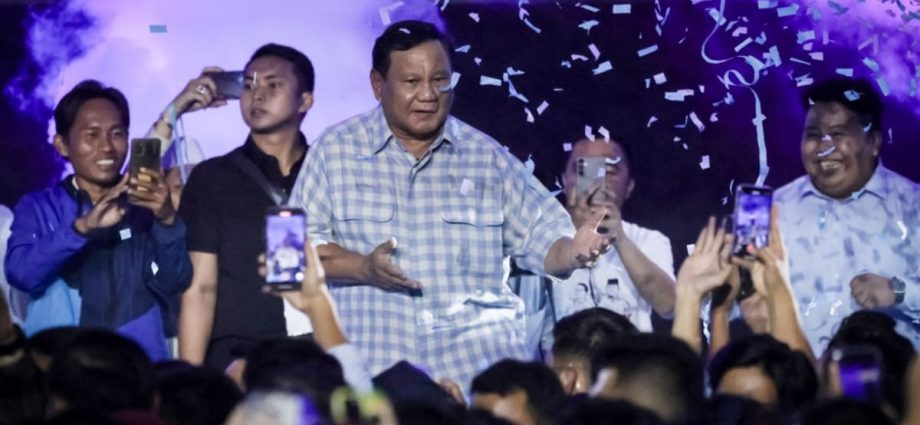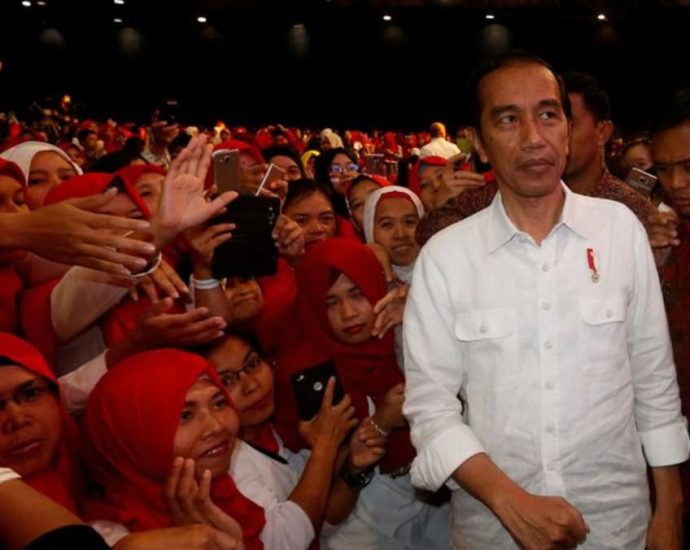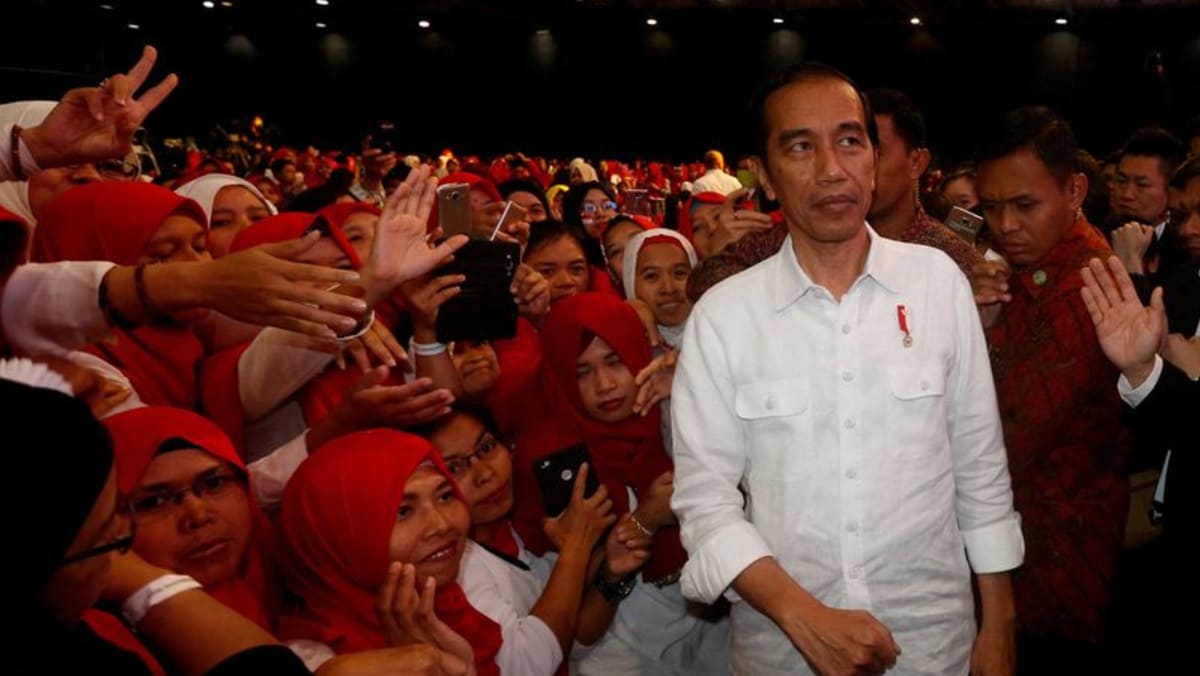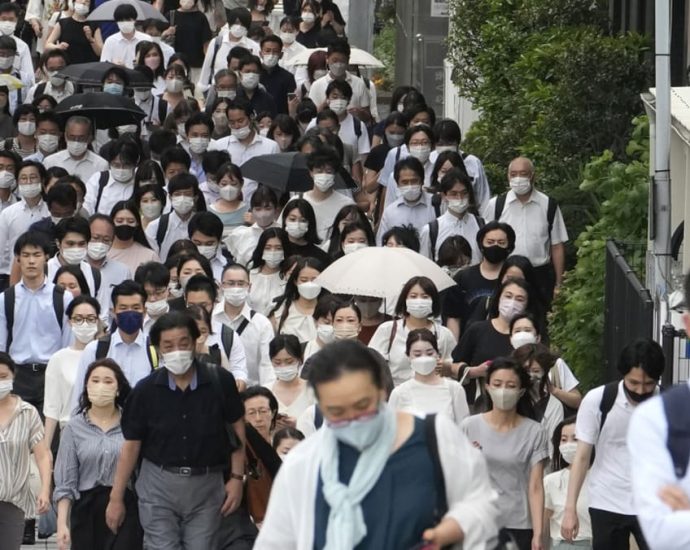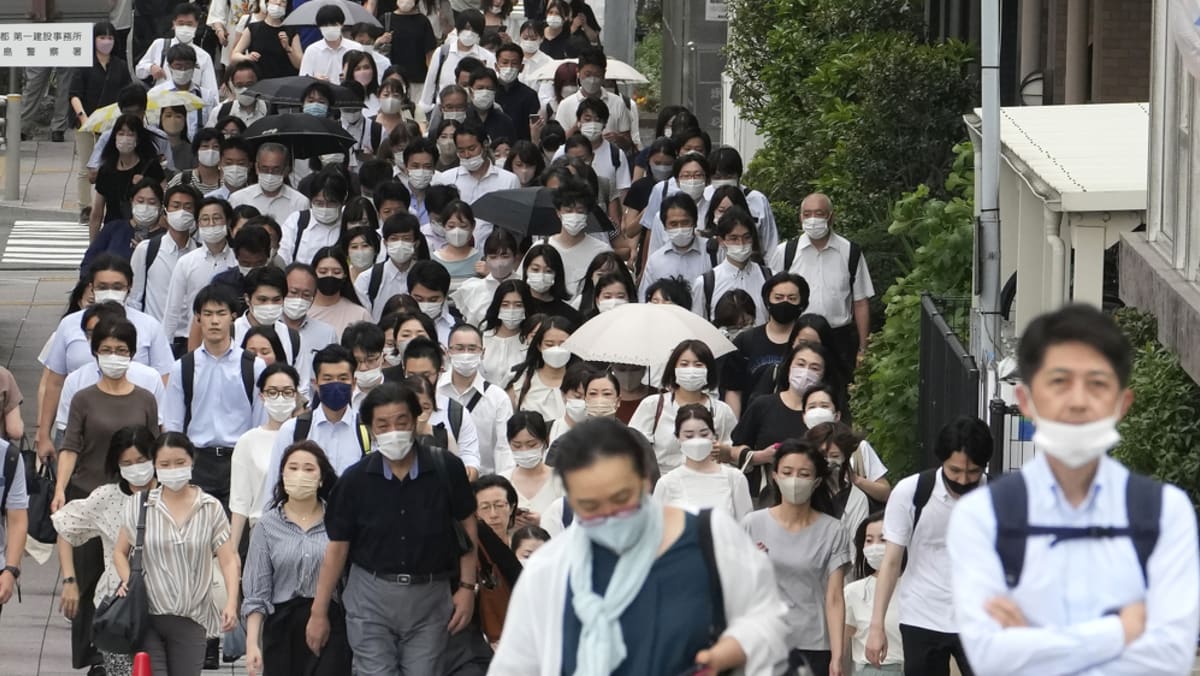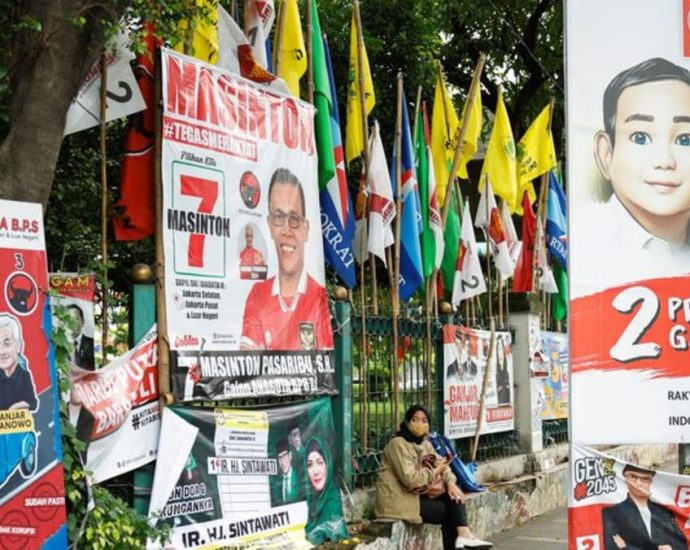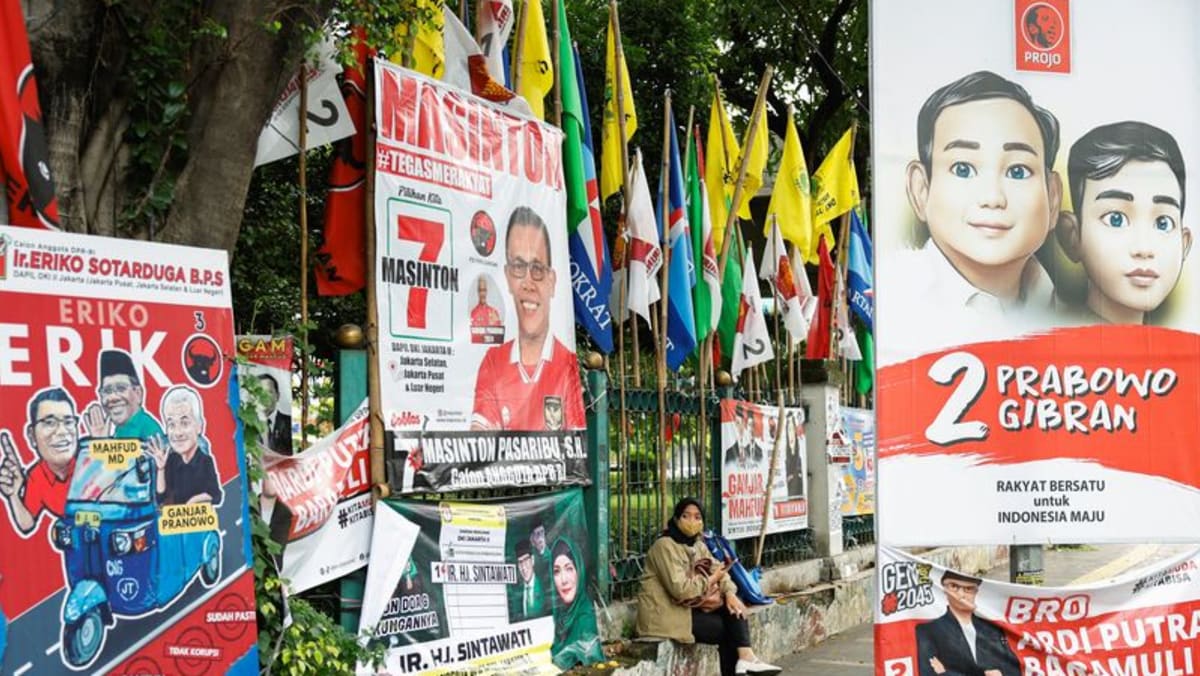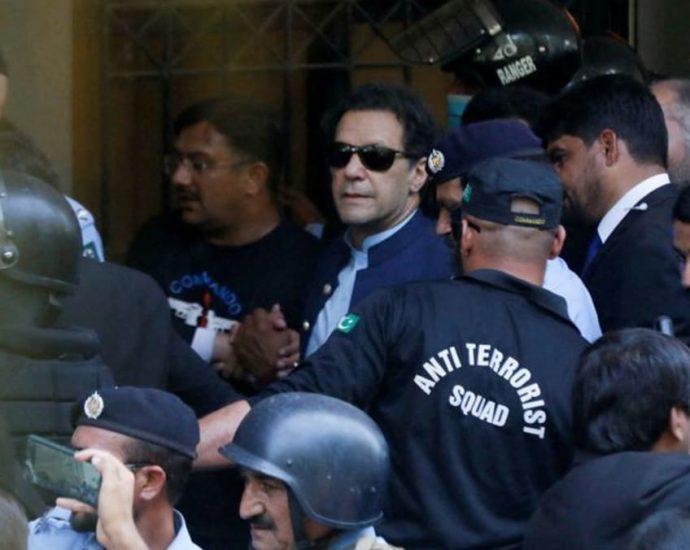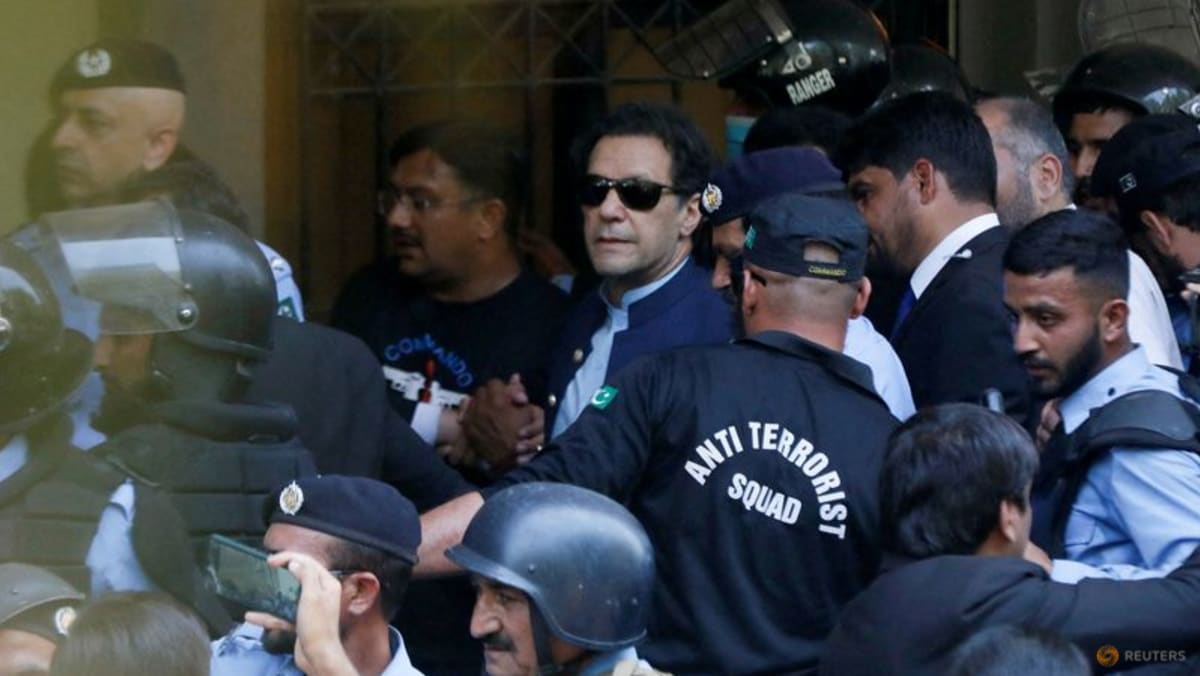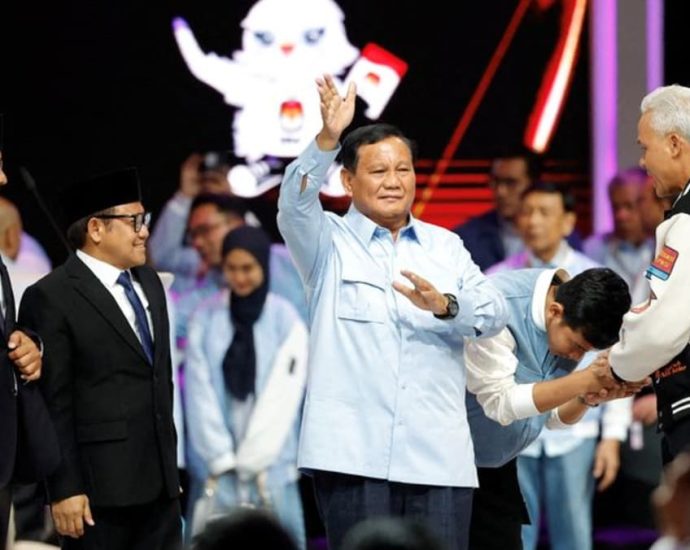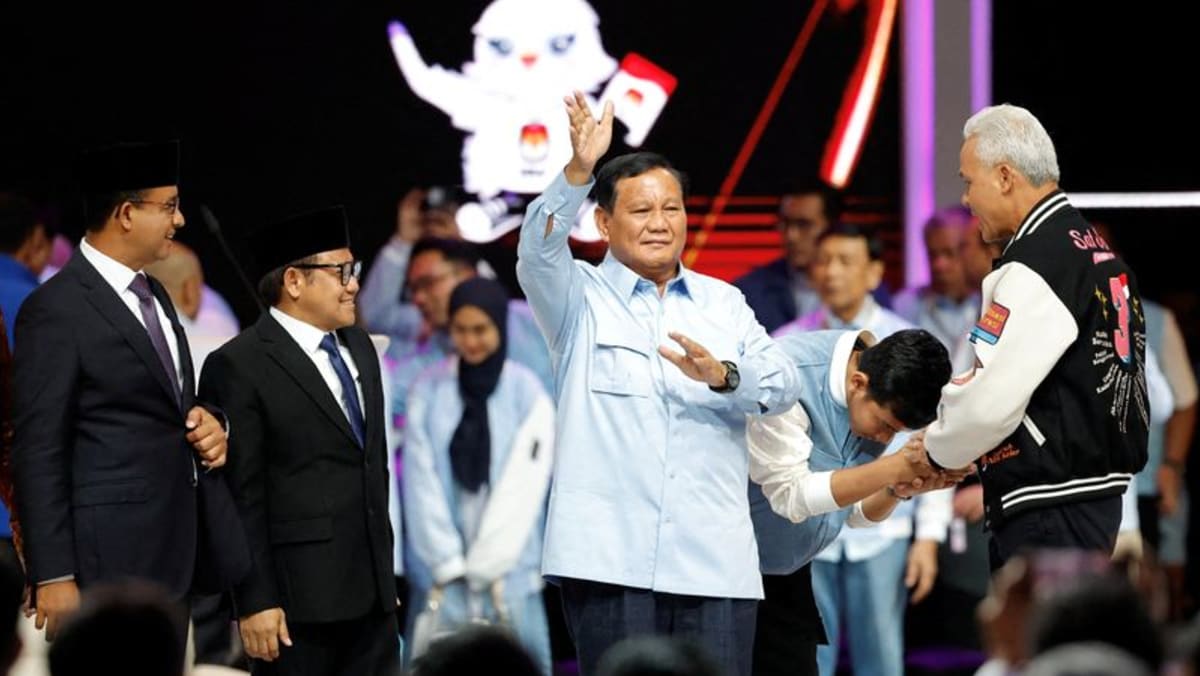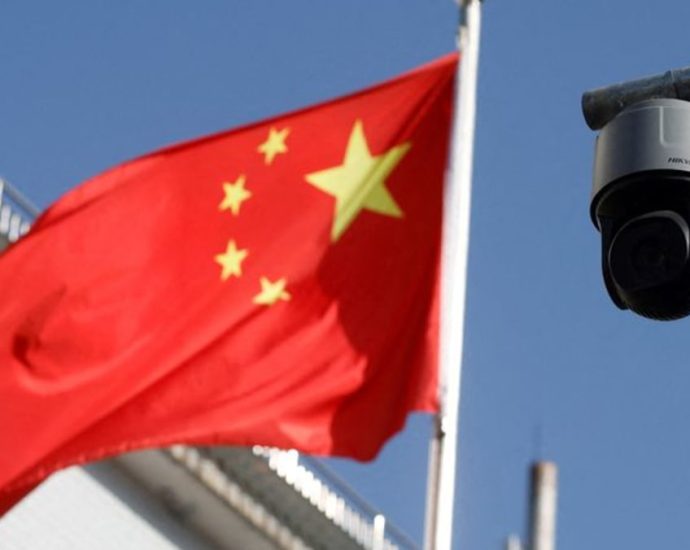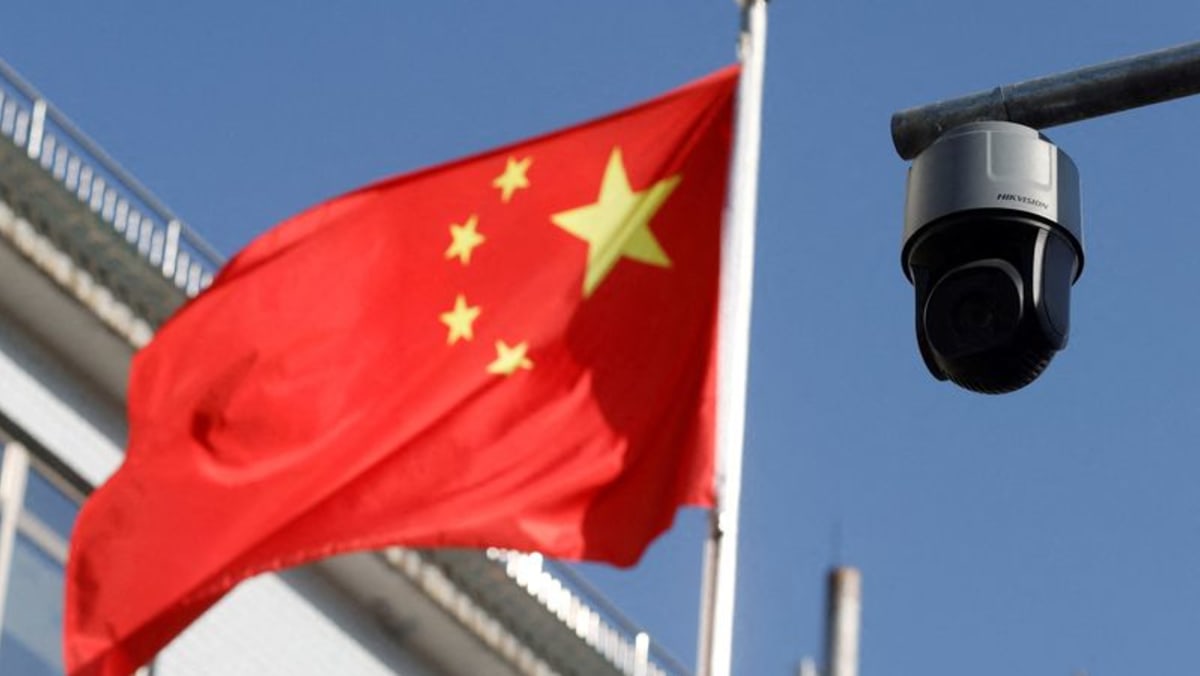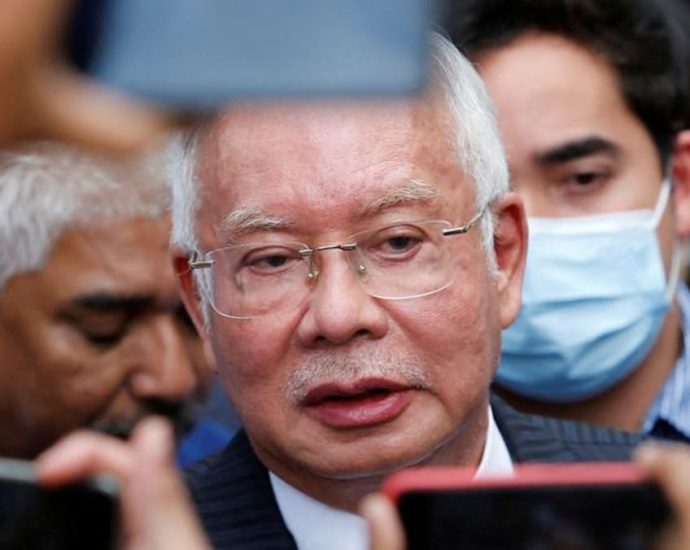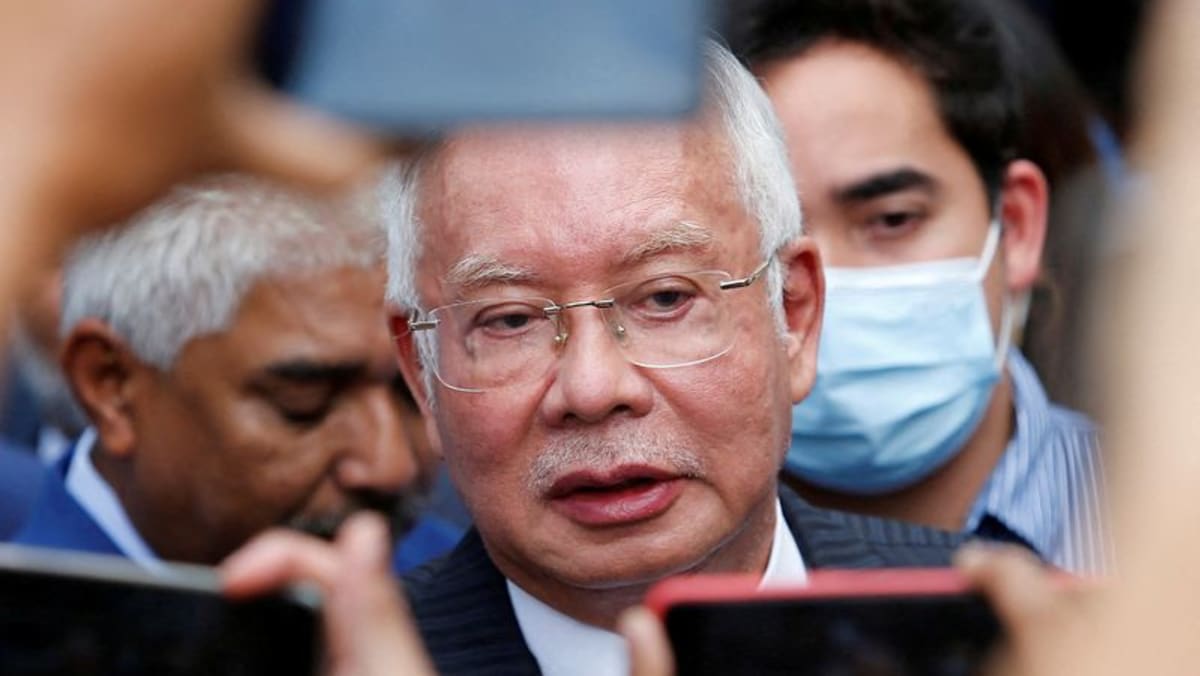Snap Insight: Prabowo looks set to be Jokowi 3.0 after huge lead in Indonesia presidential election
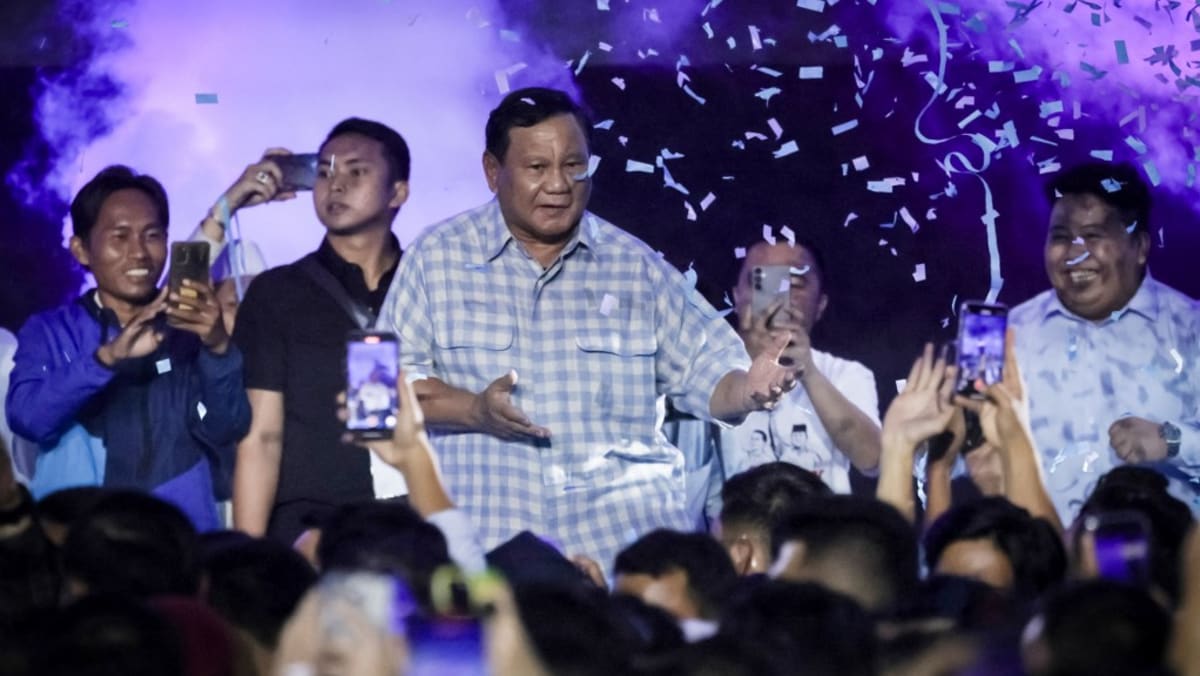
JOKOWI 3.0
In their campaign platform, Mr Prabowo and Mr Gibran pledged to uphold Mr Jokowi’s policies, emphasising “continuity” as the cornerstone of their political agenda.
Mr Jokowi’s influence would persist in a Prabowo administration via his eldest son, Mr Gibran. As the vice president, Mr Gibran’s role would be pivotal in shaping policy decisions, ensuring that Mr Prabowo’s administration remains under Mr Jokowi’s oversight.
Mr Prabowo’s priorities align closely with Mr Jokowi’s emphasis on advancing value-added manufacturing, expanding infrastructure, and developing the new capital, Nusantara. However, certain campaign promises, such as a free school lunch programme, should be taken with a grain of salt because they are unlikely to be financially viable and would potentially strain the state budget.
Under Mr Prabowo, Indonesia would continue to court foreign investment to foster economic growth. Mr Prabowo is likely to strengthen trade and investment ties with China, building on the groundwork laid by Mr Jokowi over the past decade.
However, closer economic cooperation with China will not come at the expense of weakened ties with other countries. Like his predecessors, Mr Prabowo would not compromise Indonesia’s foreign policy principle of non-alignment. He would continue to engage with all countries, as long as there are political and economic benefits coming from the cooperation.

